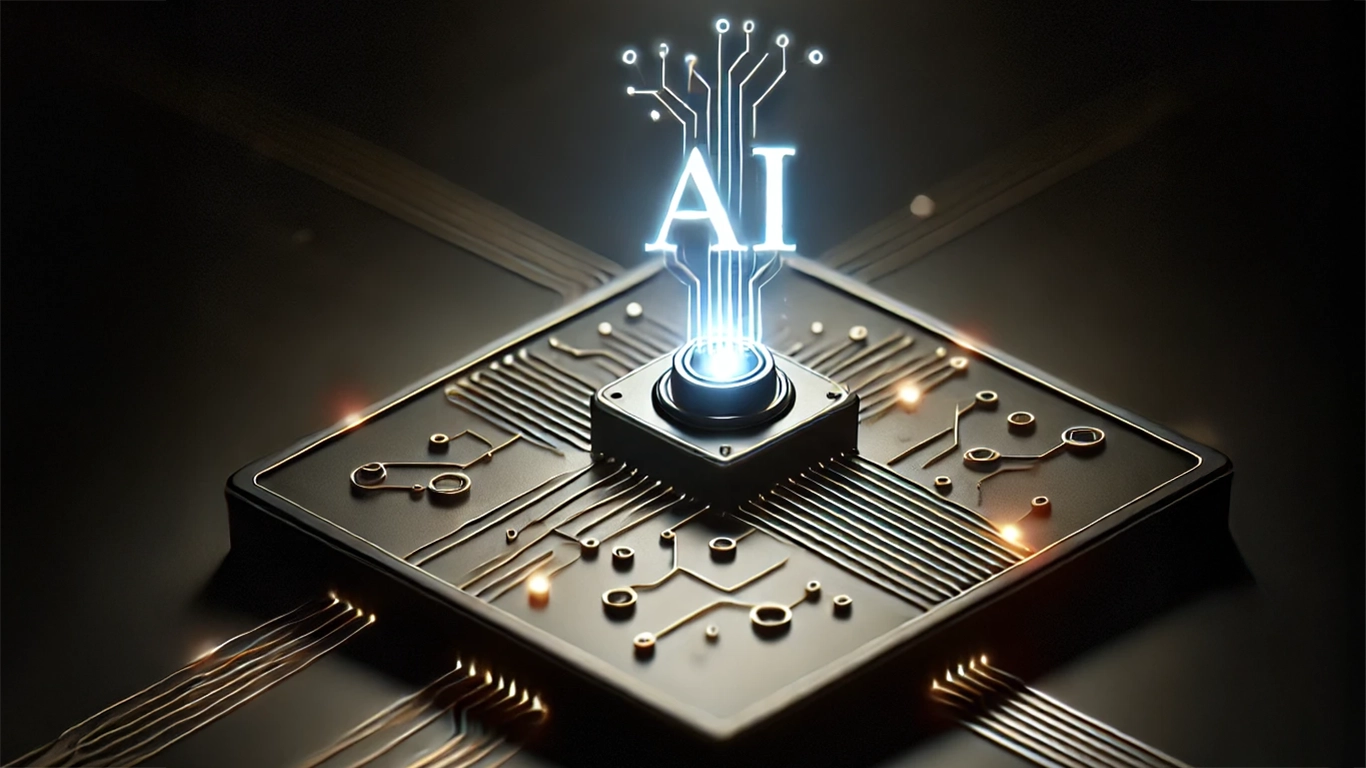The Future of AI Governance:
Elon Musk’s $97.4 Billion Bid for OpenAI’s Nonprofit Arm
Elon Musk AI Takeover: Who Should Control Artificial Intelligence?

Artificial intelligence (AI) is transforming industries, economies, and even global power structures. But as AI grows more advanced, a critical question arises: Who should control it? This debate exploded on February 10, 2025, when Elon Musk offered $97.4 billion to acquire OpenAI’s nonprofit governing arm. His reasoning? To bring AI back to its open-source roots.
His bid was swiftly rejected, but the impact remains. If Musk had succeeded, would AI have become more transparent, or would power have shifted from corporations to one billionaire? This article explores the Elon Musk AI Takeover, its potential consequences, and what’s at stake for the future of AI governance.
The Battle Over AI Control
AI is no longer just a technology—it’s a global power struggle. Governments, corporations, and individuals like Musk are vying for control. OpenAI was founded in 2015 as a nonprofit dedicated to AI safety. By 2019, it pivoted to a for-profit model, securing billions in investment, primarily from Microsoft. This shift led to criticism that OpenAI had strayed from its mission.
The Evolution of OpenAI
OpenAI was originally built as a public interest organization, meant to advance AI research for the greater good. However, the complexity of AI development required significant funding, leading to its shift toward a capped-profit model in 2019. With Microsoft investing over $13 billion, OpenAI evolved into a dominant force in AI.
Critics argue that this shift contradicts OpenAI’s founding principles. Musk, who was a co-founder, left OpenAI in 2018, voicing concerns that it had become too corporate. His recent bid reflects his continued push for AI transparency, yet raises questions about whether his control would be any different.
Why Musk Wants Control
Musk’s motivations go beyond business. He has openly criticized OpenAI for prioritizing profits over transparency. His bid was about more than just owning OpenAI’s nonprofit—it was a move to reshape AI governance entirely. His key motivations include:
- Restoring OpenAI’s Transparency – Musk believes AI research should be open-source.
- Challenging Microsoft’s AI Monopoly – Microsoft has exclusive access to OpenAI’s models, giving it massive influence.
- Strengthening xAI – His startup, xAI, lags behind OpenAI. Control would level the playing field.
- AI Safety Concerns – Musk warns of AI’s risks and wants stronger oversight.
While Musk presents his bid as a mission to democratize AI, others see it as a power grab.
Industry Reactions: OpenAI, Microsoft, and the Market
Musk’s offer triggered immediate pushback. OpenAI CEO Sam Altman rejected it outright, while Microsoft reaffirmed its commitment to OpenAI. Experts raised concerns about Musk’s leadership, citing his unpredictable management of Twitter (now X). Meanwhile, the stock market reacted with mixed signals:
- Microsoft’s stock rose, signaling confidence in its control over OpenAI.
- Tesla’s stock dropped, reflecting investor fears that Musk was overextending himself.
- Google DeepMind and Anthropic gained interest, as AI investors sought alternatives.
The rejection of Musk’s bid didn’t end the conversation. Instead, it intensified the debate over AI ownership and regulation.
The Risks of AI Centralization
Whether under corporate or individual control, centralizing AI power poses risks. AI governance should be balanced, transparent, and accountable. The concerns surrounding Musk’s potential takeover highlight deeper issues in AI development:
1. AI Monopolization
If one entity—be it Musk, Microsoft, or another corporation—dominates AI, it could limit innovation and competition. AI advancements should be collaborative, not controlled by a select few. The risks of monopolization include:
- Limited Access – Smaller AI startups may struggle to compete if major players control AI research.
- Bias and Ethics Issues – AI developed under a single entity’s control may reflect biased priorities.
- Economic Disparities – AI-driven automation could further economic inequality if controlled by a few powerful companies.
2. Ethical and Security Concerns
Musk argues for fewer AI restrictions, but critics worry this could lead to AI-generated misinformation and bias. Governments must ensure that AI develops responsibly while avoiding overregulation. Ethical concerns include:
- Data Privacy – AI systems collect vast amounts of personal data that need protection.
- Misinformation Risks – AI-generated content could manipulate public opinion and spread false narratives.
- Automation and Job Loss – AI’s rapid adoption raises concerns about displacing workers without sufficient policy responses.
3. National Security Risks
AI is increasingly seen as a national security asset. The U.S., EU, and China are all racing to regulate and develop AI. If control becomes too concentrated, international tensions could rise.
- U.S. Regulations – The U.S. government is focusing on AI safety standards, particularly in military applications.
- EU AI Act – The European Union is enforcing stringent AI laws to prevent corporate overreach.
- China’s AI Strategy – China is aggressively advancing AI capabilities, raising geopolitical concerns.
What Happens Next?
Musk’s bid may have failed, but the conversation about who governs AI is far from over. Key questions remain:
- Should AI governance be led by governments, corporations, or independent entities?
- How do we ensure AI remains safe, ethical, and unbiased?
- What role will regulators play in defining AI’s future?
The Future of AI Regulation
Governments worldwide are ramping up AI regulations. The EU AI Act and U.S. proposals aim to increase oversight. But regulations must strike a balance—too much control stifles innovation, while too little enables unchecked power.
- Antitrust Scrutiny – Regulators are monitoring AI industry consolidation to prevent monopolies.
- Transparency Requirements – Companies may soon be required to disclose AI training data sources.
- Content Moderation Policies – Guidelines for AI-generated content and misinformation are evolving.
Conclusion: The AI Governance Challenge
The Elon Musk AI Takeover may not have succeeded, but it exposed a larger issue: AI’s future is undecided. While Musk argues for open-source AI, his control could lead to the very monopolization he claims to oppose. The rejection of his bid underscores the need for a governance model that ensures transparency, competition, and security.
This battle is far from over. AI’s future depends on how we regulate, develop, and distribute control—and that’s a conversation we all need to be part of.
For more insights, check out the full article on LinkedIn: The Future of AI Governance.

